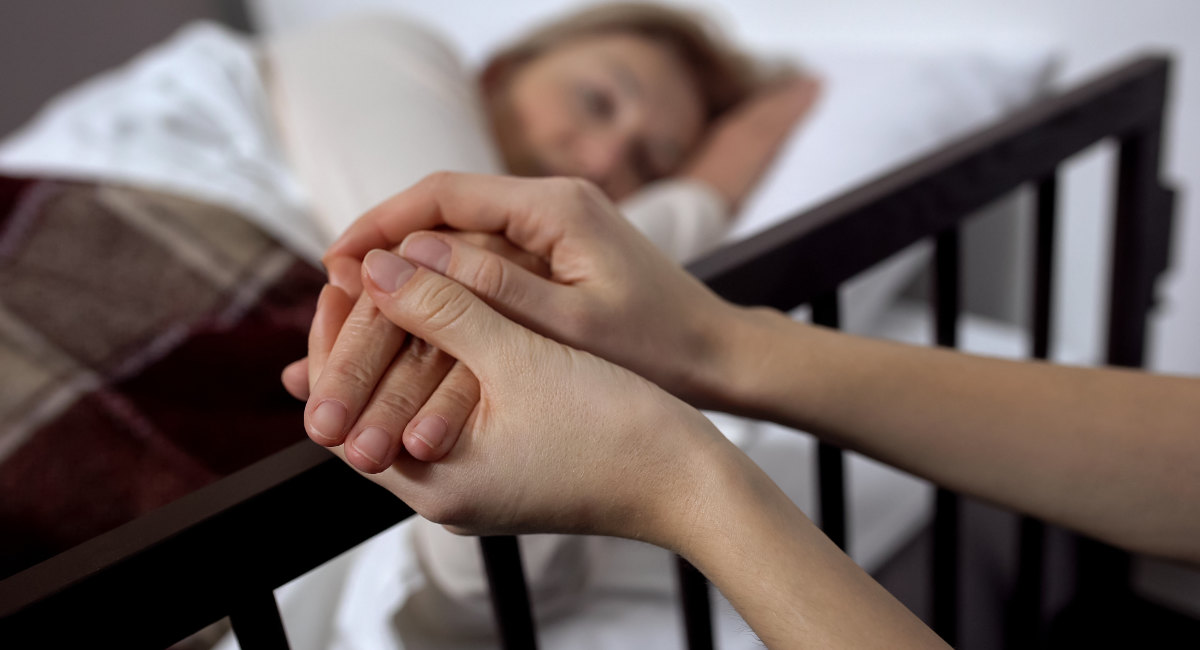The Netherlands continues to see an uptick in euthanasia deaths, as it has expanded its availability to virtually any citizen who requests it. Sadly, a new report from the Regional Euthanasia Committee (RTE) shows that euthanasia deaths based on mental illness are increasing.
According to the Euthanasia Prevention Coalition, in 2022, 115 individuals died after requesting euthanasia for severe psychological illnesses. In 2023, that number rose by 20% to 138 deaths. About half of these deaths are carried out by the Euthanasia Expertise Center (EE), which covers the major portion of euthanasia deaths in the Netherlands. According to the NL Times, the EE received 322 euthanasia requests on grounds of mental illness from those between 18 and 30 years old. This number increased over 50% from 2022. Of these requests, 40 people were euthanized last year.
The Chair of the Dutch pathology association, NVVP, told the NL Times, “It remains sad that for some people with severe psychological suffering, euthanasia seems to be the only way out,” and then outlined that the addition of euthanasia and assisted suicide as options for “treating” mental illness has raised the stakes when it comes to properly identifying a request for euthanasia vs. an authentic expression of suicidal thoughts during therapy.
The decision regarding next steps for persons having suicidal thoughts has put more weight on psychiatrists who wish to truly help their patients work through their mental illnesses and not send them to an early death.
Euthanasia now accounts for 5.4% of all deaths in the Netherlands, which is an increase of 5.1% in 2022 and 4.5% in 2021. That’s an estimated total of 9,068 reported deaths in the Netherlands alone last year. The criterion for euthanasia requires that “the patient’s suffering be lasting and unbearable.” But where is the line for determining who is making the request for euthanasia — a mental illness or a rational person? How can psychiatrists offer true treatment options if a patient is adamant in his or her decision to request medically assisted death?
Live Action News has previously reported on the Irish Longitudinal Study on Aging which found that up to 72% of people who waited up to two years after requesting euthanasia stated they “no longer wished to die, and their feelings of loneliness and depression had improved.” Support and proper psychological therapies and physical care can make a massive difference in a patient’s outlook on life.
In 2016, the American Psychiatric Association made a bold statement regarding assisted suicide and euthanasia regarding mental illness, stating, “The American Psychiatric Association, in concert with the American Medical Association’s position on Medical Euthanasia, holds that a psychiatrist should not prescribe or administer any intervention to a non-terminally ill person for the purpose of causing death.”
Death is never the answer, even if it welcomed and accepted by the law and community.
Editor’s Note, 8/21/24: This post incorrectly referred to the American Psychological Association instead of the American Psychiatric Association. We regret the error.







